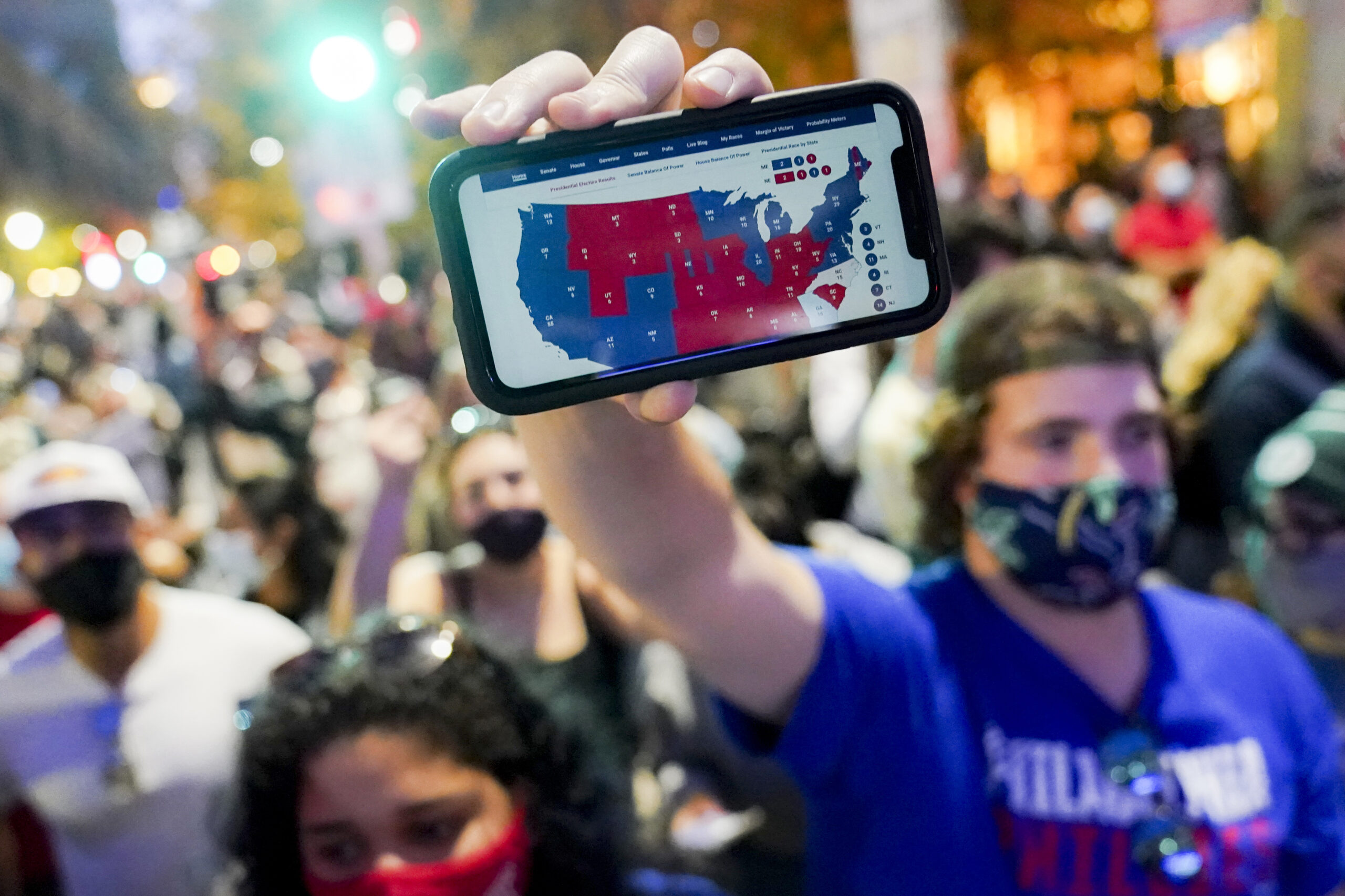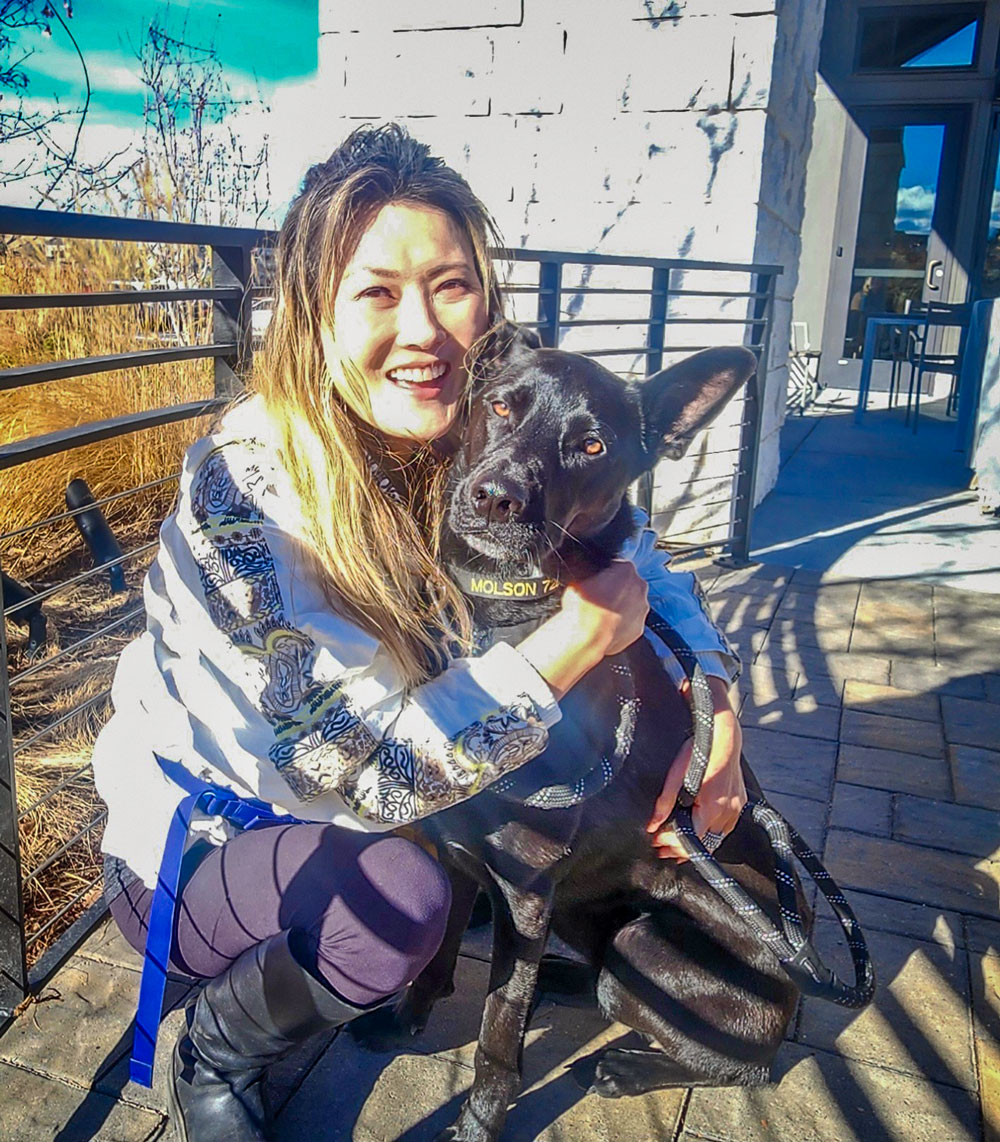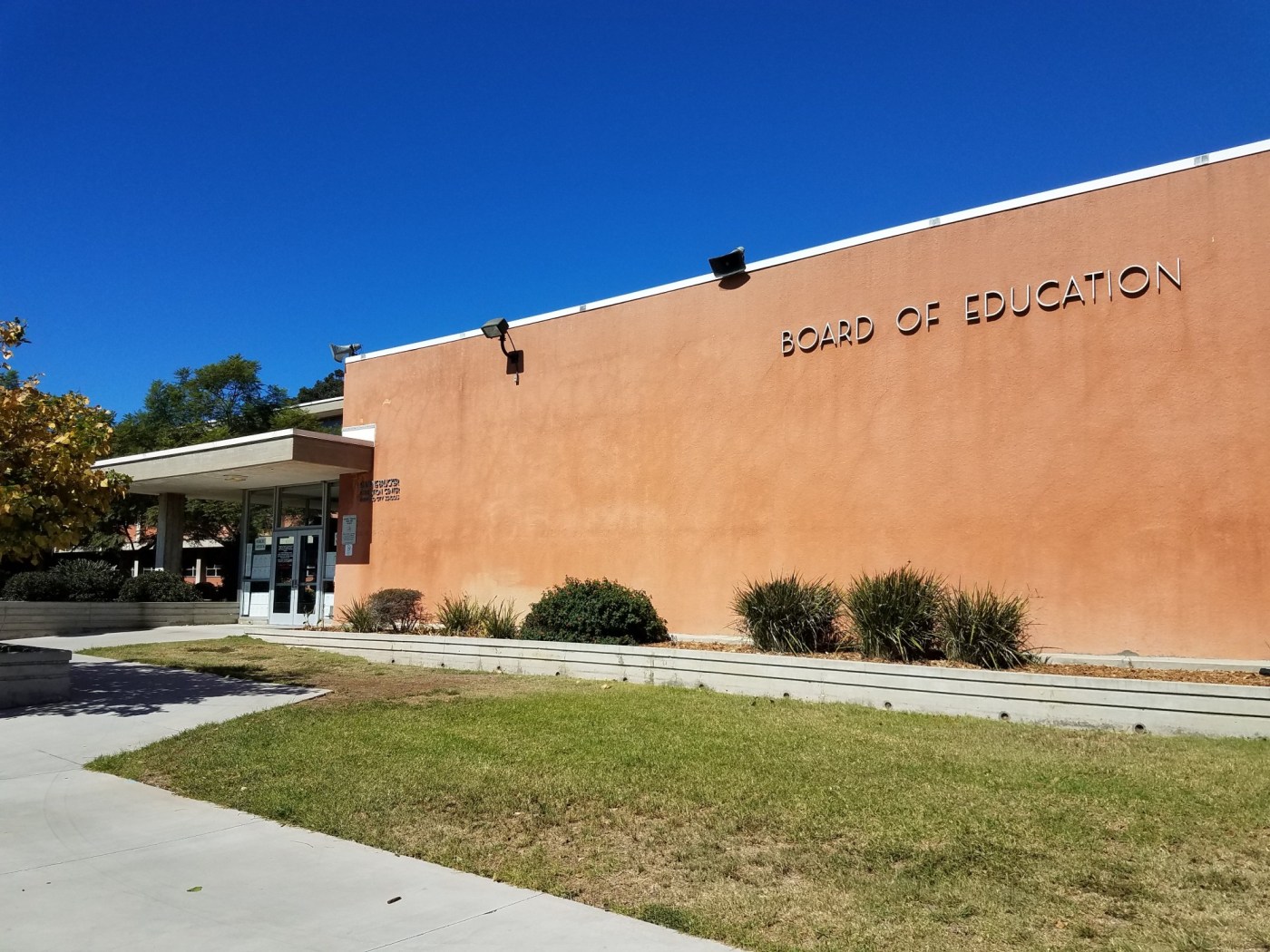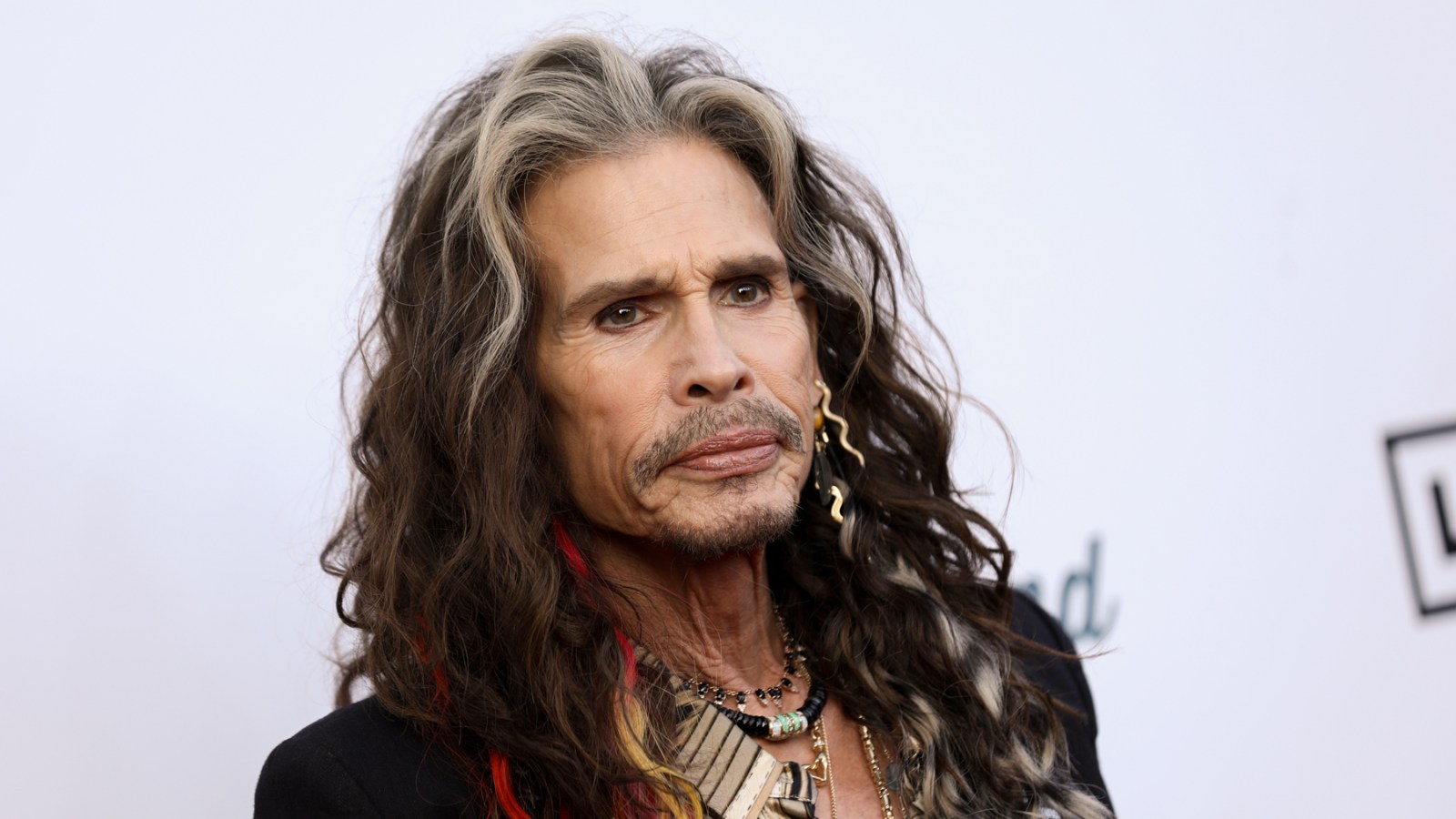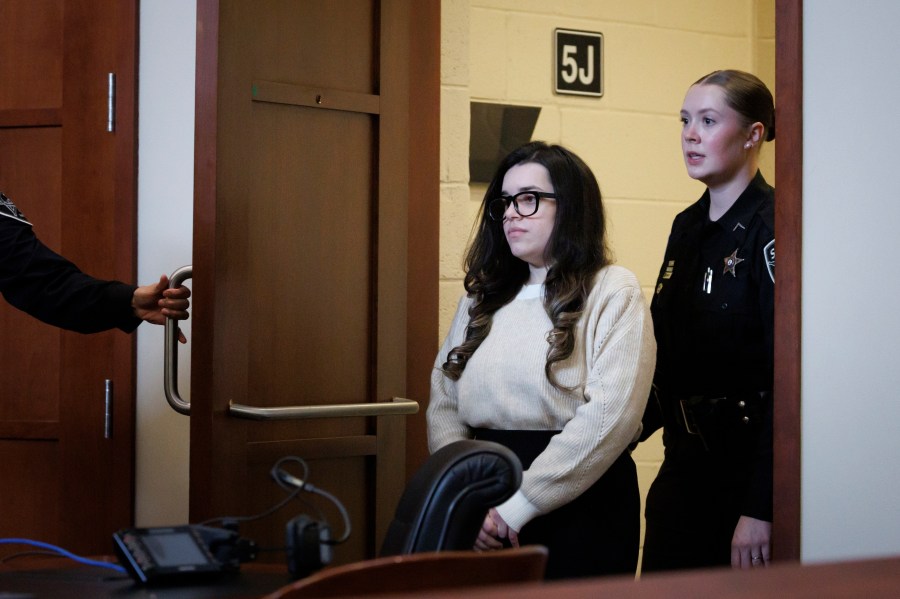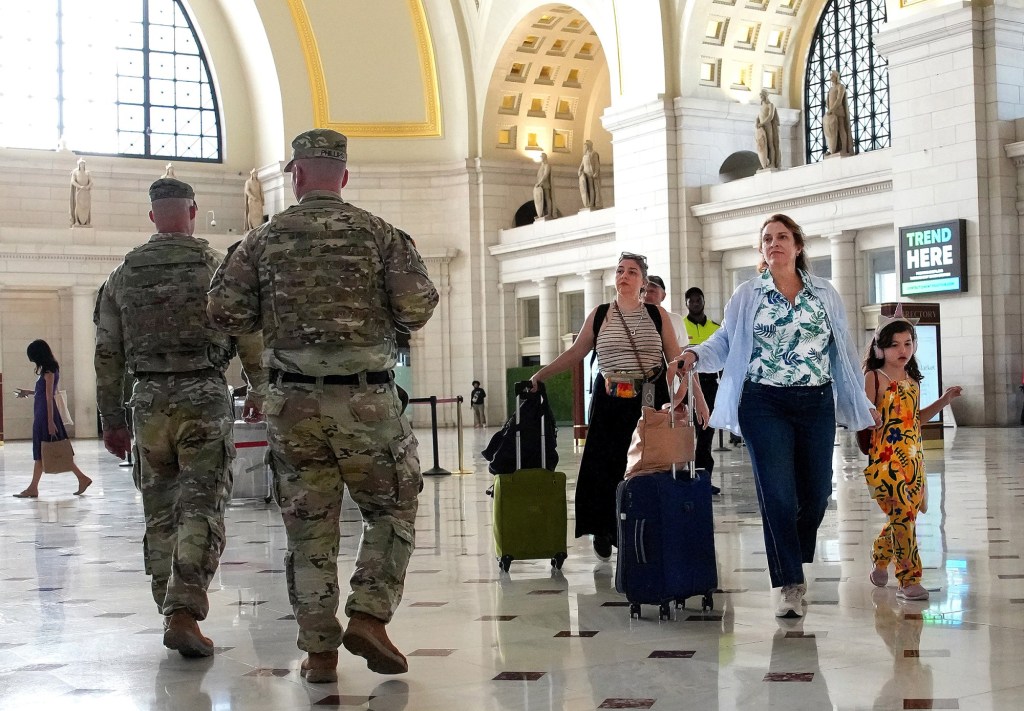
The decline of social trust in the United States has reached alarming levels, with a recent report indicating that only 34% of Americans express confidence in their fellow citizens and institutions. Some studies suggest the figure could be as low as 20%. This erosion of trust poses significant challenges to the country’s democratic fabric, requiring urgent attention and action.
Understanding Social Trust
Social trust is distinct from interpersonal trust, which pertains to relationships with close friends and family. According to Kevin Valier, a philosophy professor at Bowling Green State University, social trust involves believing that those we do not know will adhere to basic societal norms. It relies on the expectation that most individuals will act according to shared moral rules, allowing for a stable community. When individuals perceive widespread unreliability among others, social trust diminishes, threatening the very essence of a democratic society.
The decline of social trust in the U.S. can be traced back to the mid-1970s, particularly following the Watergate scandal. The past decade has seen this trend worsen, exacerbated by various factors, including the rise of the internet, decreased civic engagement, and economic anxieties. Furthermore, political rhetoric has continuously undermined trust in democratic institutions, with claims of rigged elections, biased courts, and pervasive misinformation.
Pathways to Rebuilding Trust
Despite these challenges, there is potential for renewal. Rebuilding social trust will require a grassroots effort, focusing on community engagement and leadership. Encouraging younger generations to participate in groups and associations that align with their interests—such as religious organizations, social activism clubs, and charity initiatives—can foster a sense of belonging and cooperation.
Leadership also plays a critical role in this process. The need for dedicated educators and public servants who prioritize community welfare is paramount. By cultivating a culture of service and civic responsibility, society can begin to mend the fractures of distrust.
As Solomon D. Stevens, the author of “Religion, Politics, and the Law,” suggests, it may take a generation to restore social trust. This effort requires patience and commitment, with each individual contributing to a collective goal. The journey will not be swift or simple, but it is essential for the health of democracy.
Addressing the cynicism prevalent today is vital for creating a better future. It starts with how we nurture young minds and inspire them to pursue public service careers. By placing the most capable individuals in positions of trust, society can lay the groundwork for a more cohesive community.
In conclusion, the path to rebuilding social trust in America is fraught with challenges, but it is not insurmountable. Community engagement, strong leadership, and a commitment to shared values can pave the way for a more trusting society. The journey may be long, but the potential rewards—a healthier democracy and a more united populace—are worth the effort.
